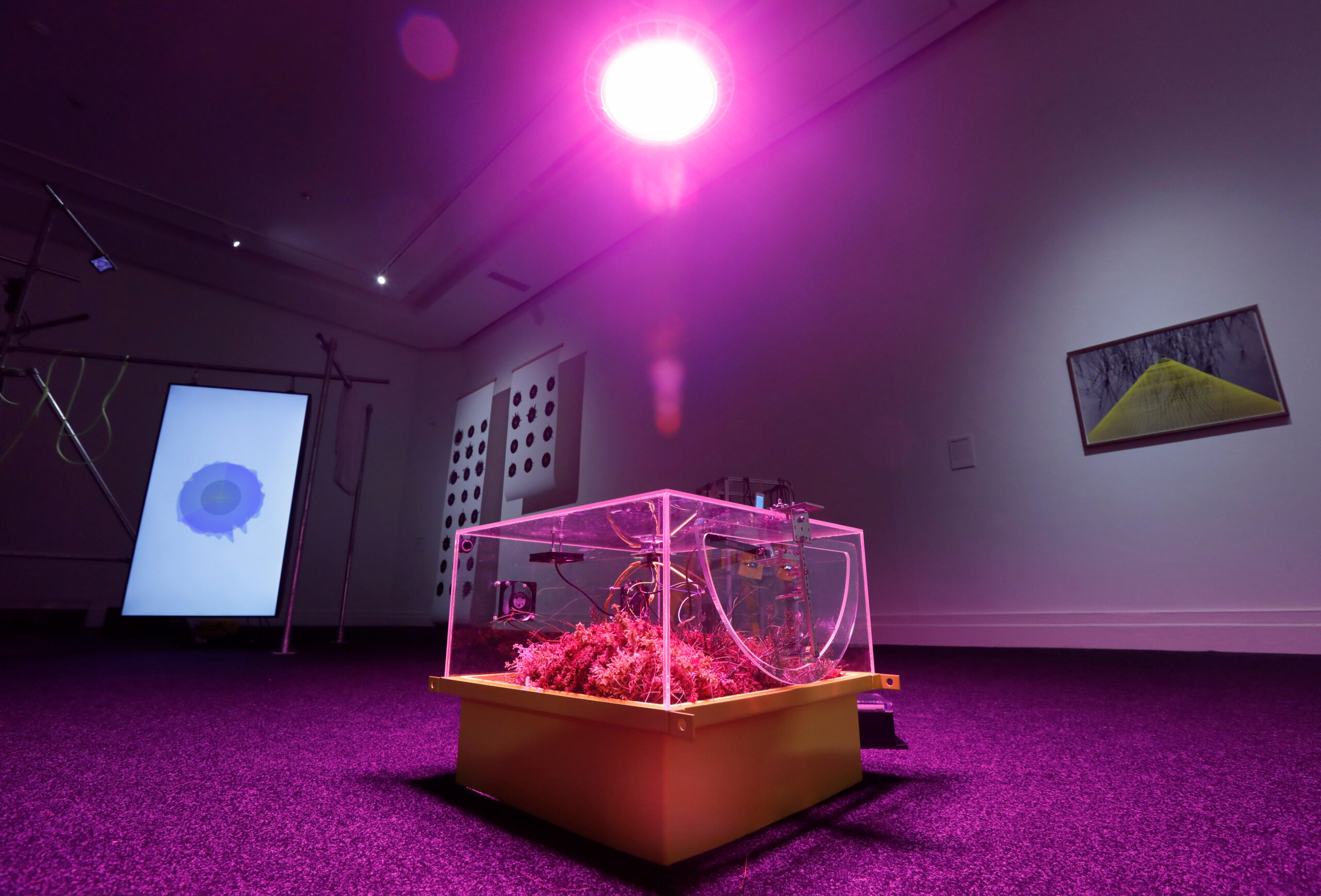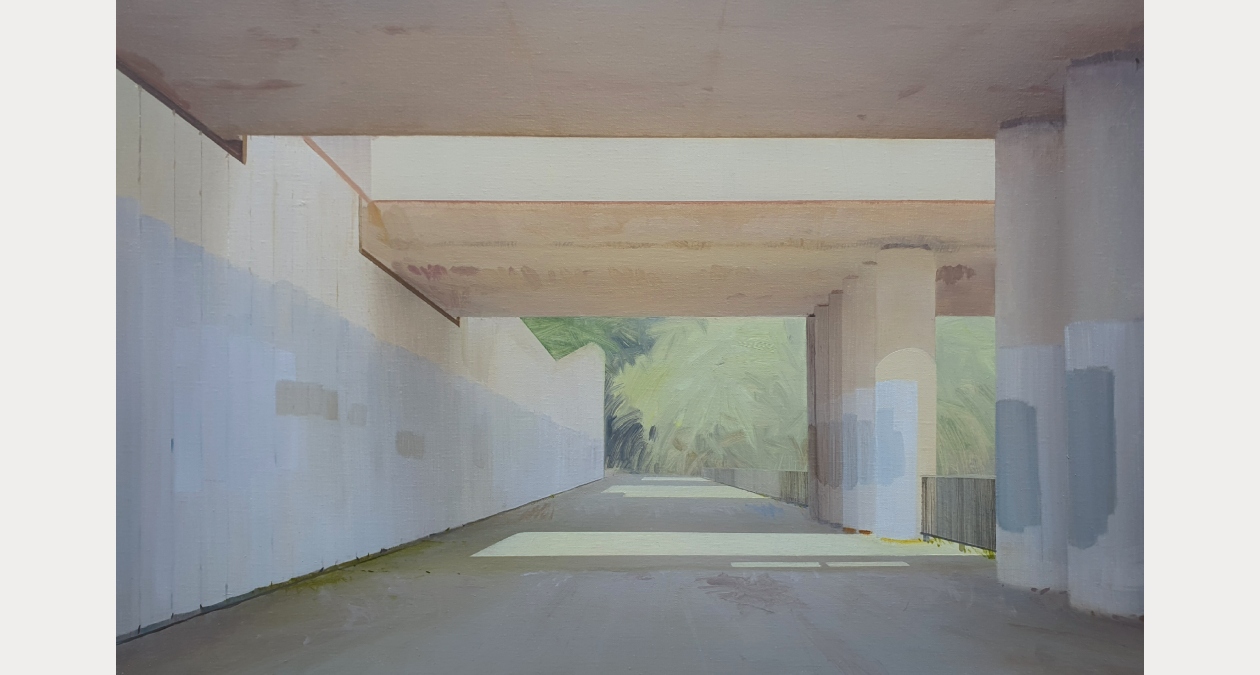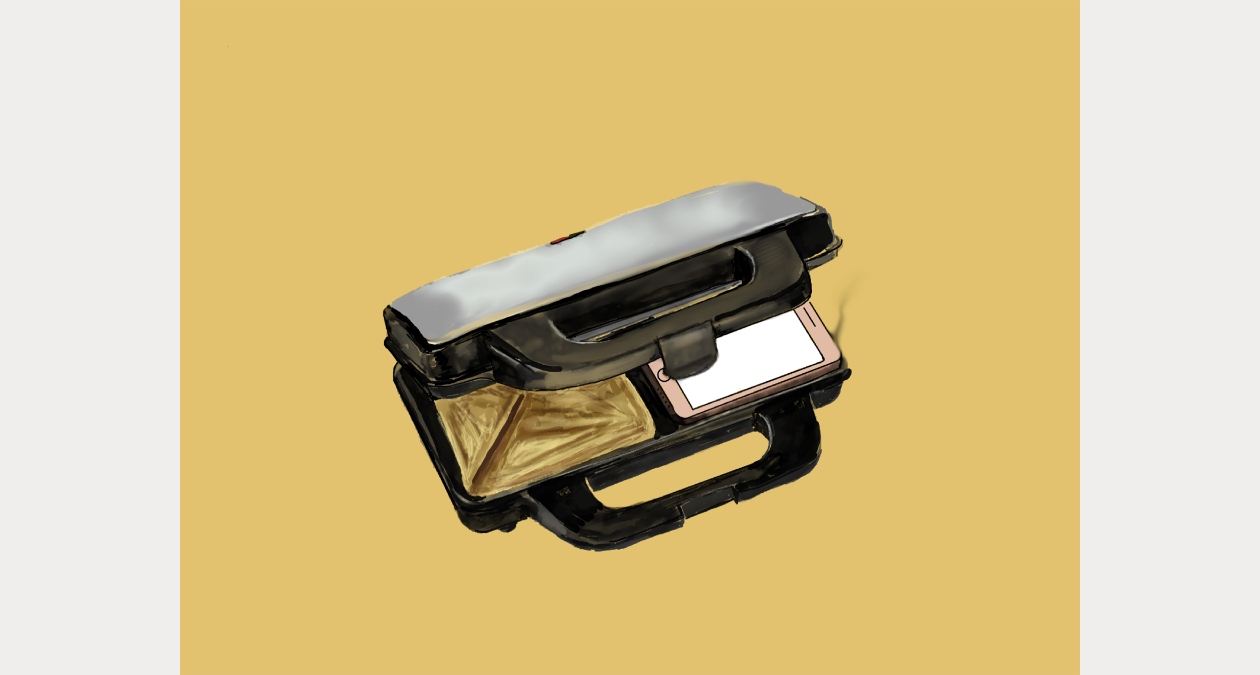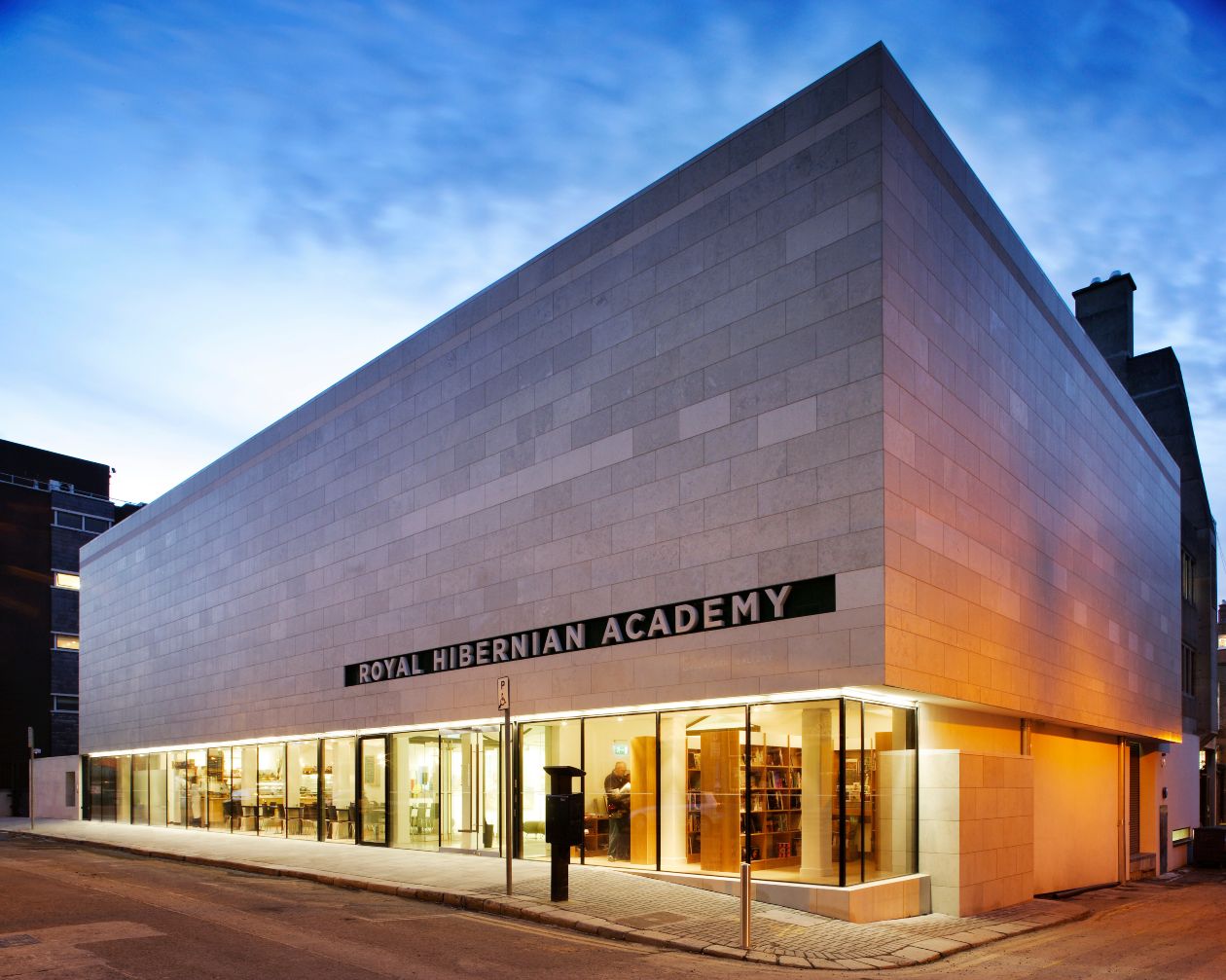The conversation will focus on the context from which the work emerged (all three artists have a background in agriculture/rural life). The media and materials the artists use, as well as what influences the production of the work, will be explored in this event, to facilitate an open discussion amongst the artists on the ways in which rural life world’s are perceived in an urban context. What it means to give agency to voices and narratives from those worlds, and what role the visual arts can play in highlighting the realities of labour, the visceral nature of rural life, and the future of farming and food production in the urban psyche, are central themes in this conversation.
If you require any further information or have any queries, please contact the Learning & Public Engagement Curator, Róisín Bohan, by emailing engagement@rhagallery.ie or tel: 01 661 2558.
Orla Barry (b. 1969) is both a visual artist and shepherd. She also lectures in sculpture and performance at IT Carlow. She lived for 16 years in Brussels. She is now based in rural Wexford on the family farm where alongside her studio she runs a flock of pedigree Lleyn sheep. Her work is based in the spatial physicality and poetics of oral language and draws on the tensions between being an artist and a farmer in rural Ireland.
Barry writes, and makes performances, video and sound installations. Her work focuses on language, written and spoken, as well as its visual deconstruction and displacement— via associative techniques. She researches the semantics of her mother tongue and its cultural imbedding and implications. Her work is strongly poetic and lyrical, crossing a wide variety of media, evoking non-linear narratives, and dealing with themes such as linguistic intoxication, sexual identity, the rural vernacular and more recently our interdependence and disconnection from the natural environment. Barry’s work is based on real experience as a research practice and uses techniques informed by auto-ethnography and oral history.
Maria McKinney combines hand-craft with response to context. Her practice reflects on the wider societal implications brought about by developments in agriculture and genetic research, engaging directly with farmers and scientists to create work in relation to what they do. She makes work through a range of media including sculpture, installation, photography and video.
In 2021 she was announced as a winner of the Golden Fleece Award and realised Totem Yokes, a project that reflects on farming in Wexford (Ireland) as part of an M11 per cent for art commission. She was recipient of the On Sight 2020 commission from the National Museum of Ireland – Country Life. The resulting work Straw Sister aims to reconnect the present-day farming practice of Artificial Insemination (AI) with rural artefacts whose function is thought to have stemmed from fertility customs.
Her project Sire has been exhibited Internationally, including at The Wellcome Collection, London, UK, The Museum of English Rural Life, Reading, UK, The RHA, Dublin, The RCC, Donegal, (solo), and at Pace University Gallery, NYC, USA, The Gregg Museum, North Carolina, USA, and Sunderland Museum, UK (group).
She was shortlisted for the inaugural MAC International Prize 2014 selected by Hugh Mulholland, Judith Nesbitt and Francesco Bonami. Her work is part of the collections of the Arts Council of Ireland, the Museum of English Rural Life Reading UK, Europol, Arts Council of Northern Ireland, Office of Public Works and Bank of Ireland.
Anna Rackard has worked as a production designer and art director on numerous films in Ireland & abroad over the last 30 years. Her most recent production design credit is ‘Conversations with Friends’, directed by Lenny Abrahamson due for release later this year. In 2020 she was invited to become a member of AMPAS, the Academy of Motion Pictures Arts and Sciences. She has won two Irish Film & Television Awards, for Neil Jordan’s ‘Ondine’ in 2010 and again in 2012 for ‘Stella Days’, directed by Thaddeus O’Sullivan.
In between working on films she continues to work on various self-directed photography projects. Photographs from the ‘Farmer’ series were last year donated to LACMA museum and Brooklyn Museum as part of the Sir Mark Fehrs Haukohl Photography Collection. The ‘Farmer’ photographs were also shown in a group show ‘Post-Picturesque: Photographing Ireland’, in Minnesota and Rochester, Minneapolis in 2017. Her most recent solo show ‘Under into Somewhere’, was in the Cross Gallery in Dublin in 2016.
Between 1996 and 2000 she collaborated with Liam O Callaghan on a book called ‘Fish Stone Water’, a collection of photographs and folklore on holy wells in Ireland. The book was published by Atrium Press in 2001. In 2004 she co-directed (with Adrian McCarthy) a documentary for TG4 on holy wells.
Rooted in the materiality of rural farming, Katie Watchorn makes sculptural work which closely mirrors activities undertaken in Ireland, specifically relating to agriculture. She graduated from the National College of Art and Design in 2014. In 2019, she was on residency in IMMA as part of their 1000 programme and also undertook a two-week interdisciplinary residency at Hospitalfields in Scotland. She is currently a resident at Fire Station Artist’s Studios until 2022.
Recent exhibitions include Zero Grazing, Glasgow International (2021), Grass Roots, Muine Bheag Arts (2021), From Here to There, The Douglas Hyde Gallery (2021), GUEST, Newbridge House (2021), PAST/URES at the Library Project (2020) and Periodical Review #9 at Pallas Projects, (2019). She is a recipient of the Arts Council Next Generation Award, (2017) and the Wexford Arts Centre Emergence Award (2018).
Dr Ciara Healy is a Writer, Book Artist, Curator and Lecturer in Art, Culture & Heritage at IT Carlow, Ireland. She is the 2021 recipient of a Scottish/Irish Bilateral Network Award from the Royal Irish Academy, an IMPACT Research Award from University of Reading (2016), a Large Grant Award from Arts Council Wales for a curatorial research project titled Thin Place (2015) and she was one of the 2011 recipients of the Wales Arts International Critical Writing Award. Her research interests involve developing strategies in writing, curating and education for philosophy, poetry, literature, science, agriculture, and the visual arts to converge, to explore new ways of ‘making room’ for other ontologies. She is interested in facilitating more porous and heterodox ways of re-thinking relationships with the world, especially in a time of climate change.
Image: Jane Locke, Modern Skep from the ConsumerFarmer Catalogue, 2022, Coloured pencil on blackboard, Image courtesy of the artist.



